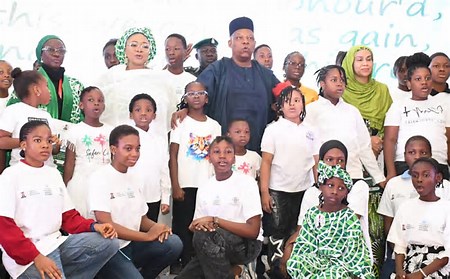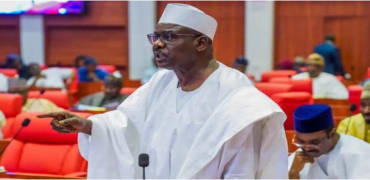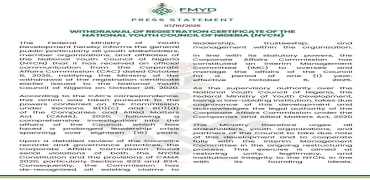Tinubu Unveils Bold Child Protection Plan, Demands Tough Crackdown on Child Rights Violators
Tinubu Unveils Bold Child Protection Plan, Demands Tough Crackdown on Child Rights Violators
By Achimi Muktar
In a sweeping move to safeguard the rights and futures of millions of Nigerian children, President Bola Tinubu has unveiled a comprehensive National Action Plan aimed at ending violence against children—while calling for the strict enforcement of Nigeria’s Child Rights Act and related laws.
The president, represented by Vice President Kashim Shettima at the first regional meeting of Africa Pathfinder Countries of the Global Alliance on Ending Violence Against Children, held at the Presidential Villa, Abuja, stressed that real protection comes from action—not promises.
A New Era for Nigeria’s Children?
At the heart of Tinubu’s new strategy are bold, data-driven policies, including:
A dedicated Child Protection and Development Agency
The Universal Child Grant, aimed at reducing poverty and protecting children from household vulnerabilities
A National Child Protection Database and Child Well-being Index, to monitor progress and hold institutions accountable
“The true strength of a nation lies in how it treats its most vulnerable,” Tinubu declared. “We must move beyond empty rhetoric. We cannot shield our children by merely reciting their struggles. Protection must be intentional—deeply embedded in our systems of health, education, and governance.”
Law Alone Isn’t Enough
Tinubu acknowledged that Nigeria already has robust legal frameworks—the Child Rights Act and the Violence Against Persons (Prohibition) Act—but said enforcement remains a major gap.
“Legislation alone does not shield the vulnerable,” he said. “It’s the will behind the laws, and the systems that enforce them, that make the difference.”
To address this, the administration is rolling out national awareness campaigns, training officials, and launching behavior-change initiatives to challenge harmful social norms and promote positive parenting.
United Nations to African Leaders: “Move Beyond Commitments”
United Nations Special Representative on Violence Against Children, Dr. Najat Maalla M’jid, who also spoke at the event, urged African governments to stop paying lip service to child protection policies.
“It’s time to implement concrete actions, share strategies, and learn from each other to overcome obstacles. Children cannot wait,” she said.
Nigeria’s Minister of Women Affairs, Hon. Imaan Sulaiman-Ibrahim, echoed this urgency. She highlighted reforms under Tinubu’s Renewed Hope Agenda, including the expansion of the Safe Schools Programme, a revised National Child Policy, and the National Strategy to End Child Marriage.
“We are laying the foundation for more inclusive, accountable, and evidence-based child protection systems,” she said.
Africa Speaks With One Voice
Delegates from Zimbabwe, Sierra Leone, Côte d’Ivoire, and Burkina Faso also recommitted to the global alliance to end violence against children. Each country presented progress updates and urged more intentional, cross-border collaboration.
Nigeria, now seen as a regional leader on child protection, has set the tone—but the real test lies in translating policy into protection, and intentions into impact.
As the dust settles on the conference, one thing is clear: Nigeria has drawn a line in the sand. The era of turning a blind eye to child violence is over—at least on paper.


















